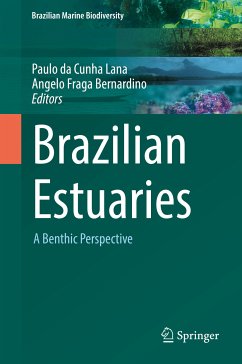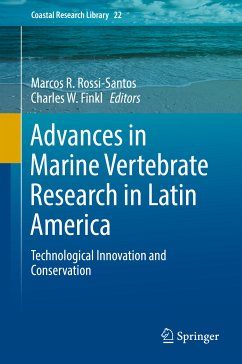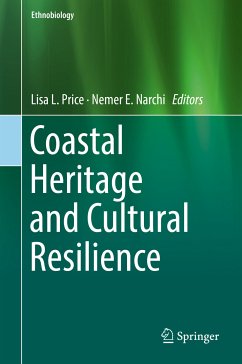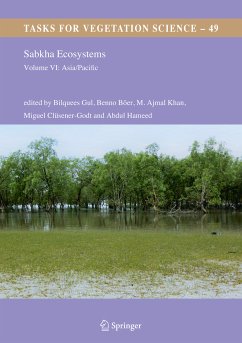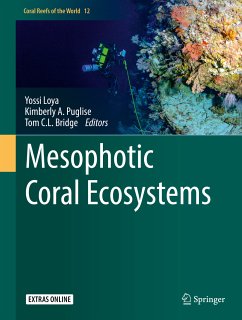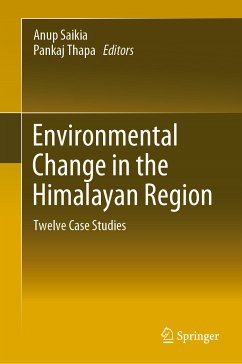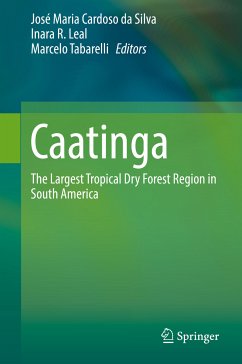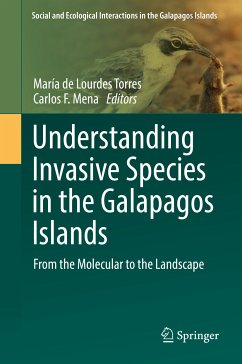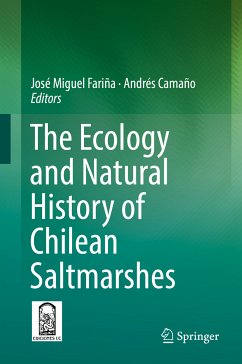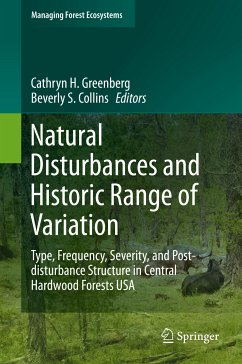Christopher Makowski is the Assistant Director of the Coastal Education and Research Foundation, Inc. (CERF) and the Deputy Editor-in-Chief of the international Journal of Coastal Research (JCR). He has published numerous peer reviewed papers, authored several chapters, and co-edited and/or contributed to various volumes in Springer's Coastal Research Library (CRL) Series. In addition to these accomplishments, he is professionally recognized by the American Academy of Underwater Sciences (AAUS), served as the Assistant Director of the Marine Science and Biological Research Division at the coastal engineering firm, Coastal Planning & Engineering (CPE), and held the position of Principle Marine Scientist for the municipality of Collier County, Florida, U.S.A. He is a graduate of Florida Atlantic University and has earned degrees with an emphasis on remote sensing of biogeomorphological resources (Ph.D.) and marine ecosystem diversity and conservation (Master's of Science). In addition to his academic and professional credentials, Dr. Makowski is also a certified Master Scuba Diver Trainer through the Professional Association of Diving Instructors (PADI). Other professional registrations and certifications include: Journal of Coastal Research (JCR) Editorial Board Member, The International Society for Reef Studies (ISRS) Sustaining Member, The Florida Association of Environmental Professionals (FAEP) Chapter Member, American Academy of Underwater Sciences (AAUS) Registered Diving Safety Officer, American Association for the Advancement of Science (AAAS) Member, Coastal Education and Research Foundation (CERF) Board of Directors (Trustees), National Marine Fisheries Service (NMFS) Certified Marine Mammal and Protected Species Observer, Professional Association of Diving Instructors (PADI) Open Water Scuba Diver Instructor, PADI Enriched Air Nitrox Specialty Instructor, Emergency First Responder (CPR/FirstAid/AED) Instructor, PADI Specialty Underwater Photographer Instructor, and Divers Alert Network (DAN) Professional Member. Charles W. Finkl has been the Executive Director of the Coastal Education & Research Foundation and Editor-in-Chief of the international Journal of Coastal Research for the past 35 years. He has edited and/or contributed to more than eight volumes in the Encyclopedia of Earth Sciences Series (Springer), of which he is the Series Editor. He is also the Series Editor of the Coastal Research Library (Springer). In addition to these duties, he is Distinguished University Professor Emeritus at Florida Atlantic University (FAU) (Boca Raton, Florida). He is a graduate of Oregon State University (Corvallis) and the University of Western Australia (Perth). Work experience includes the International Nickel Company of Australia (Perth), Coastal Planning & Engineering (Boca Raton, Florida), and Technos Geophyiscal Consulting (Miami, Florida). He has published numerous peer-reviewed technical research papers, and edited or co-edited and contributed to many books. Dr. Finkl is a Certified Professional Geological Scientist (Arvada, Colorado), a Certified Professional Soil Scientist (Madison, Wisconsin), a Certified Wetland Scientist (Lawrence, Kansas), and a Chartered Marine Scientist (London). Academically, he served as a Demonstrator at the University of Western Australia, Courtesy Professor at Florida International University (Miami), Program Professor and Director of the Institute of Coastal and Marine Studies at Nova Southeastern University (Port Everglades, Florida), and Full Professor at FAU. During his career, he acquired field experience in Australia; the Bahamas; Puerto Rico, Jamaica; Brazil; Papua New Guinea and other SW Pacific islands; southern Africa; Western Europe; and the Pacific Northwest, Midwest, and Southeast USA. Dr. Finkl is a member of several professional societies including the Geological Society of America; Soil Science Society of America; Institute of Marine Engineering, Science & Technology; and the Society of Wetland Specialists. He is a recipient of the International Beach Advocacy Award (Florida Shore & Beach Preservation Association), Certificate of George V. Chilingar Medal of Honor (Russian Academy of Natural Sciences), and Lifetime Commitment to Coastal Science Award (International Coastal Symposium).





